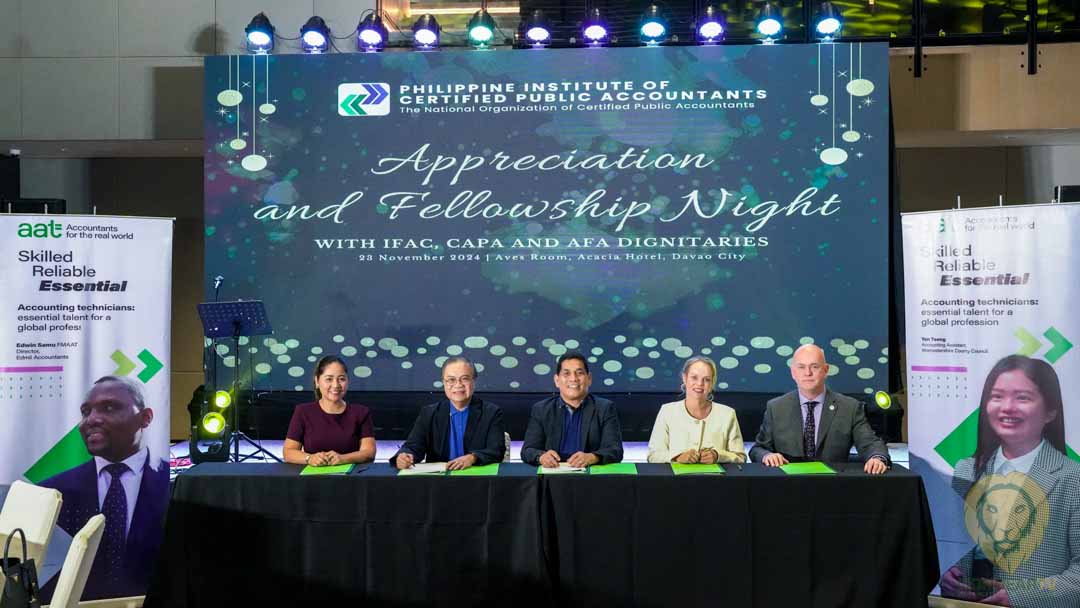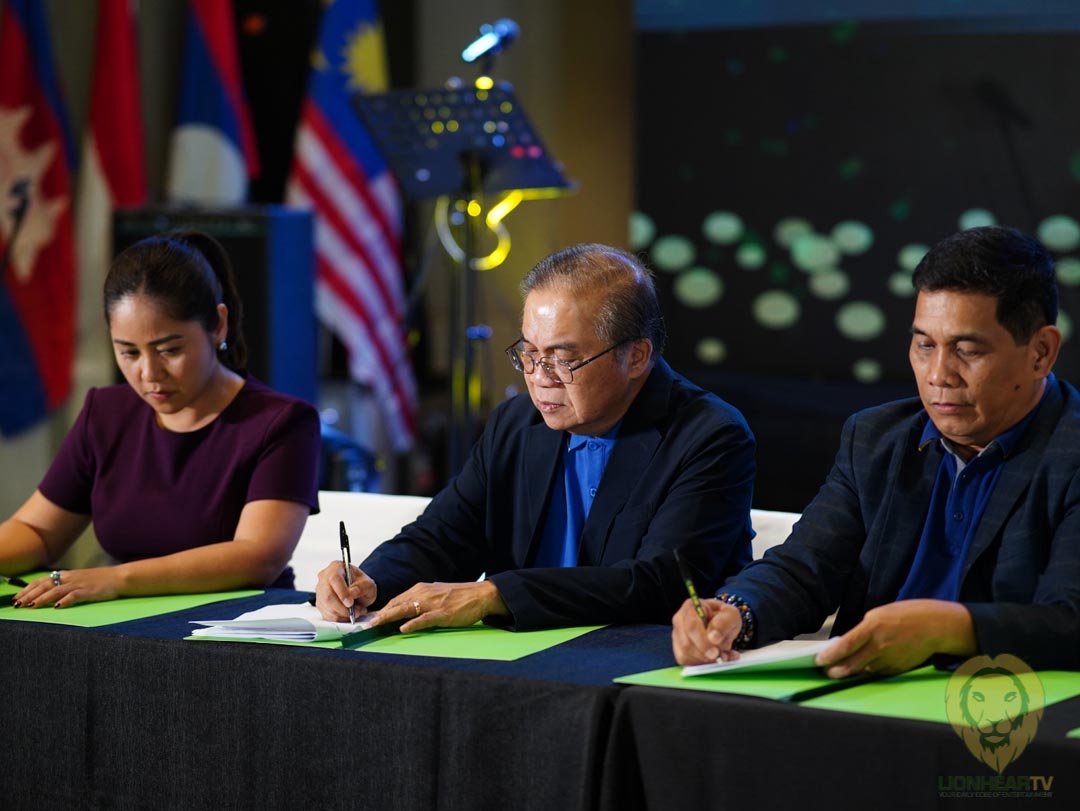The Association of Accounting Technicians (AAT), a globally recognized UK-based accounting body, underscored the vital role of appropriately qualified accounting technicians in driving the growth of small and medium enterprises (SMEs) at the 79th Philippine Institute of Certified Public Accountants (PICPA) Annual National Convention. The international conference also hosted the ASEAN Federation of Accountants (AFA) and the Confederation of Asian and Pacific Accountants (CAPA).

The conference, which was attended by over 4000 PICPA members and international particpants, brought together leading accounting bodies from across the globe to share insights and strategies to advance the profession. Among these was AAT, which emphasized the need for internationally aligned training standards and qualifications while highlighting the importance of gaining better recognition for Accounting Technicians and the value they add.

Addressing Skills Gaps in the Accounting Sector
Accounting Technicians play a pivotal role within the accountancy profession by expanding the pool of “professionalized” skilled accountants. They are one solution in addressing skill shortages in both the public and private sectors as well as changing the outdated perception of the profession.
The Philippines faces a persistent shortage of accountancy talent due to the migration of Filipino accountants to overseas roles and freelance work. This shortage means that addressing the attractiveness of accounting and creating effective pathways for a diverse pool of talent is vital.
A joint study conducted by the PICPA and AAT showed that among the over 400 PICPA members surveyed during the annual conference in Davao, 38.5% struggled in recruiting the talent they needed for growth in the last 12 months, while 34% expect this to be a problem moving forward. Notably, only 13% of respondents believe that there will not be a problem with recruitment going forward.
The most common challenges in filling in the vacancies were a shortage of qualified talent (67%), low pay (51%), lack of experience (40%), and lack of essential skills (34%). These findings keenly impact possible growth in the Philippines as 83% of those surveyed aim to achieve business growth locally in the country.
“The challenges the Philippine accounting sector is facing are similar to what other countries are experiencing. However, the UK’s experience shows that Accounting Technicians can help all businesses and organizations adapt to changing times and workload pressures while maintaining high standards,” said Sarah Beale, CEO at AAT, in the panel titled “The Future of Accounting: Adapting to a Changing Landscape.”

A study by the International Federation of Accountants (IFAC) titled “Nexus 2: The Accountancy Profession — A Global Value Add” showed that accountancy plays a pivotal role in the financial ecosystem and helps inform investors and stockholders on their investment decisions, which would then impact the Philippines’ competitiveness in the global capital market.
Export opportunities for accounting solutions
The growing demand for accountancy services worldwide presents a unique opportunity for the Philippines. Countries like Australia, China, Canada, Cambodia, and Fiji have tapped into the expertise of accounting technicians to address their local talent shortages.
“The industry is experiencing a talent crisis. But this poses a potential opportunity for the Philippines’ accountancy sector to shore up its own access to talent, as well as the export market. We’re seeing more UK clients and practices contending with local talent shortages there, who are looking internationally including the Philippines, to source the accountancy skills they need,” Beale stated.
“For the Philippines to make the most of the opportunity, the country will need to ensure its own talent pipeline is healthy – and that means raising the attractiveness of the profession and multiplying the entry points available to potential recruits.”
AAT-qualified Accounting Technicians keep the finance team of businesses effective and ensure their day-to-day accounts run smoothly and efficiently. Furthermore, they help improve the accuracy and reliability of financial information, reducing the risks of fraud and corruption.
“The challenges facing the Philippine accounting sector mirror what many countries are encountering,” concludes Beale. “The UK’s experience shows how Accounting Technicians can help businesses and organizations adapt to changing times and workload pressures, while maintaining high standards.”
 Recognition of accounting technicians
Recognition of accounting technicians
To further establish the status of accounting technicians in the country, Beale set meetings with PICPA officials and other Professional Accounting Organizations (PAOs).
Topics for discussion included the need for formal government recognition of Accounting Technicians, at the right standard, as part of the accounting profession, which will open new opportunities for the profession and become an alternative pathway to CPA status.
A memorandum of understanding between PICPA and AAT was signed on Saturday 23 November.
Atty. Roland Cafe Pondoc, National President of PICPA said: “We welcome this new agreement with AAT. Their knowledge of global standards and creating new pathways into the profession will be essential to PICPA’s ability to support our members and bring through the next generation of accounting professionals for the Philippines.”
With a global community of over 118,000 professional members and students and is chosen by over 5,000 employers for their finance training, AAT is recognized by prestigious bodies including IFAC, the Confederation of Asian and Pacific Accountants (CAPA), and the ASEAN Federation of Accountants (AFA).
To learn more about the Association of Accounting Technicians (AAT), visit https://aat.org.uk

